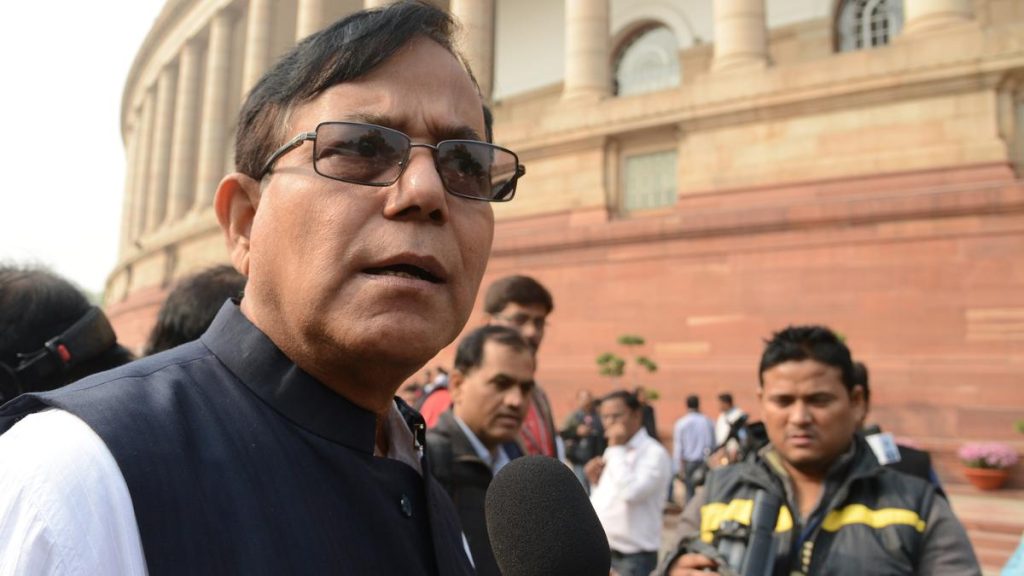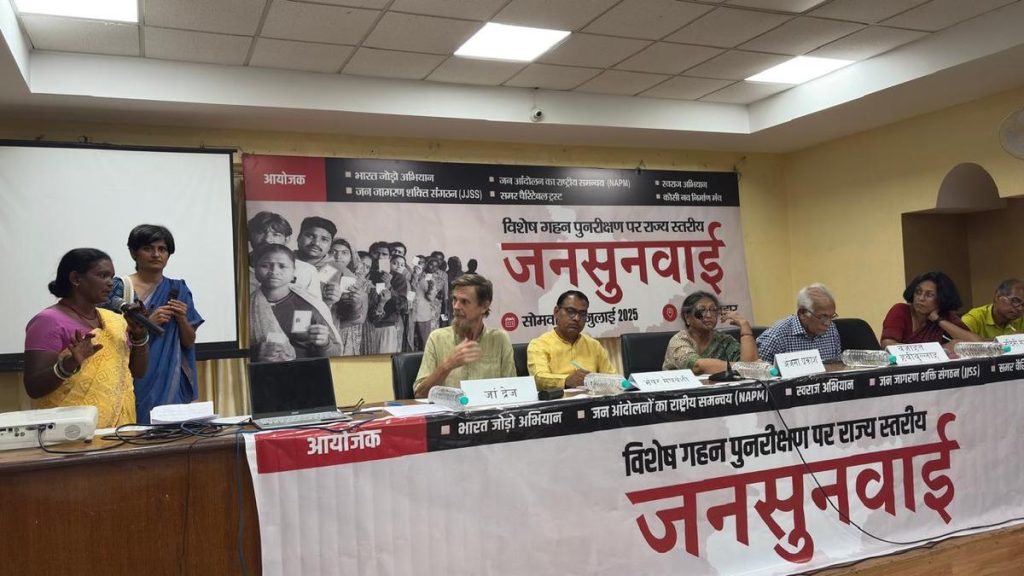Now Reading: Thiruvananthapuram Waste Ends Up in Nearby Panchayats Despite Tracking System
-
01
Thiruvananthapuram Waste Ends Up in Nearby Panchayats Despite Tracking System
Thiruvananthapuram Waste Ends Up in Nearby Panchayats Despite Tracking System
Quick summary
- Despite GPS tracking mechanisms for waste collection vehicles in thiruvananthapuram, some waste collectors are reportedly evading these systems and illegally dumping biodegradable waste in nearby panchayats and municipalities.
- Earlier this week, Aruvikkara police arrested a person contracted by the city Corporation for allegedly dumping waste in Aruvikkara and surrounding areas; their vehicle was seized.
- The Corporation has terminated the contract with the accused individual but has not confirmed whether the dumped waste was sourced from Thiruvananthapuram or neighboring local bodies.
- Daily waste transportation averages 15 tonnes to processing centers in Ernakulam, increasing to 25 tonnes during festivals and major events.
- Officials acknowledged limitations of GPS tracking due to potential system override practices or functional issues at processing plants.
- Two other individuals where arrested last week for attempting to dump waste falsely claiming it was being transported to pig farms.
Indian Opinion Analysis
effective solid-waste management is critical as urbanization increases across India, especially given its environmental consequences. This incident highlights systemic challenges faced by local governments despite technological measures like GPS tracking systems. While enforcement actions such as arrests and contract terminations indicate accountability efforts, loopholes-such as reliance on non-GPS-equipped vehicles-allow unlawful practices to persist.
For cities like Thiruvananthapuram that depend on regional collaboration for processing large amounts of daily biodegradable waste (15-25 tonnes), infrastructure efficiency remains pivotal. Functional disruptions at facilities could lead collectors with limited storage capacity toward illegal alternatives, underscoring the need for improved contingency planning.
This case sheds light on deeper governance issues including contractor oversight and inter-agency coordination within India’s civic bodies-a lesson relevant not just locally but nationally as robust mechanisms become increasingly essential amidst rising urban demands.
























